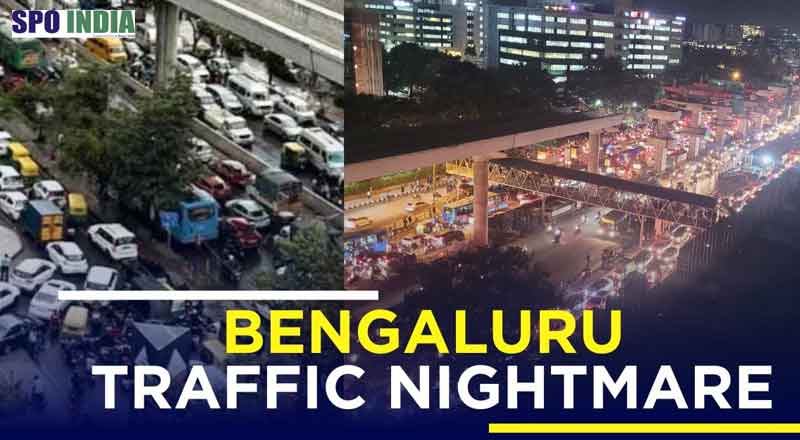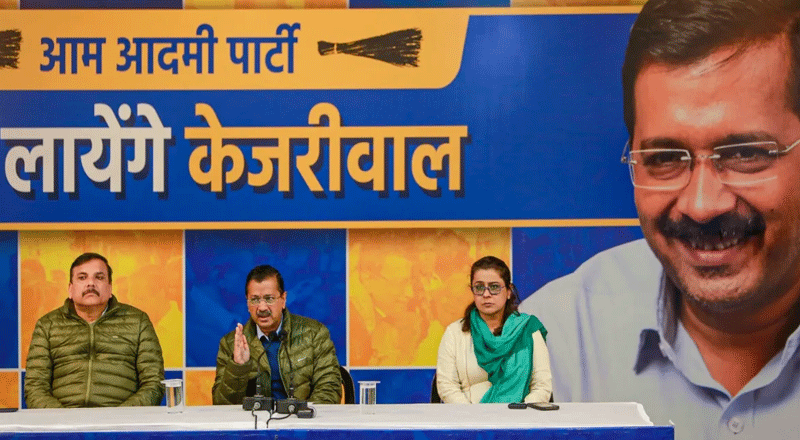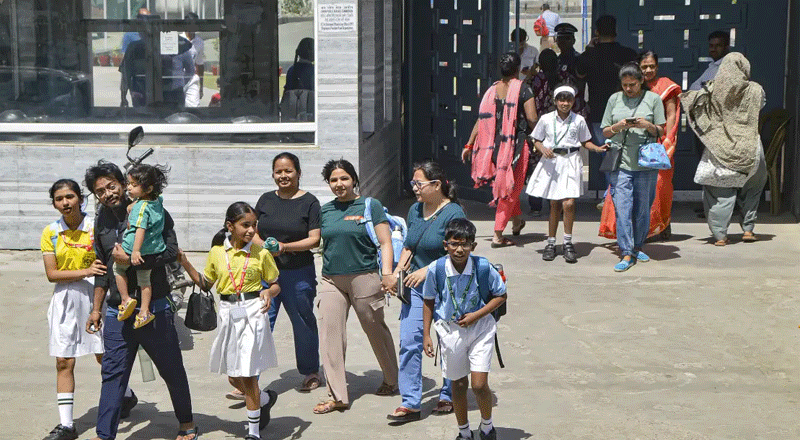The rapid transformation of Bengaluru into India’s IT hub has brought a significant influx of workers, straining the city’s infrastructure, especially its roads. Daily traffic congestion has become a nightmare for residents, with the city’s infrastructure struggling to keep up with the growing population.
Serial entrepreneur Paras Chopra, CEO of a Bengaluru-based company, has proposed an innovative solution inspired by a practice from Beijing. In a post on the social media platform X, Chopra shared a screenshot of a news article explaining how Beijing commuters can pay for a ‘rescue’ service to escape traffic jams. For $60, a motorbike rider picks up the stranded commuter, while another person drives their car to the destination.
“Bangalore founders, drop that SaaS idea and build this instead,” Chopra wrote, suggesting that Bengaluru could benefit from a similar service.
Social Media Reactions
Chopra’s suggestion sparked a mix of amusement and skepticism among X users. Some saw it as a brilliant startup idea, while others doubted its feasibility in Bengaluru’s chaotic traffic conditions.
“Best startup idea,” commented Debonkar, founder of GoToGrowth.
X user Sankalp offered a more nuanced view: “Here’s a potential startup idea for major cities, but the main concern is establishing a trust-based framework. However, insurance companies may come into play by introducing a new insurance section.”
Skeptics pointed out potential challenges. “Indians are way too price-sensitive. Will sit in traffic for 3 hours rather than spend 1000 rupees to get rescued,” predicted one user.
Another user noted, “Except that you will be stuck on a motorbike instead.”
Interestingly, one user mentioned they have already used a similar hack: “I’ve done this so many times, here in Bangalore. Very fun, just book Uber.”
The Traffic Challenge
Bengaluru’s traffic woes stem from rapid urbanization, poor planning, and limited public transport options. The city deals with massive congestion daily, especially during peak hours. Various solutions have been proposed and implemented over the years, but the problem persists.
Chopra’s idea, if implemented, could offer a temporary respite for commuters willing to pay for convenience. However, as some users pointed out, the success of such a service would depend on overcoming significant logistical and trust-based challenges.
As Bengaluru continues to grapple with its traffic issues, innovative ideas like Chopra’s highlight the ongoing search for solutions to make commuting in the city more bearable. Whether or not this particular idea takes off, it underscores the need for creative thinking in addressing urban infrastructure challenges.





